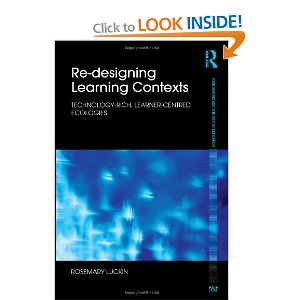 In my last post I finished with a comment about pop-11, a langauge designed to help novices learn how to program and to grapple with Artificial Intelligence. I also included an image of the Eliza programme an early example of natural language processing designed in the sixties by Joseph Weizenbaum at MIT. The computer user typed in questions and the ELIZA programme appeared to make human like responses. It worked on a script and when the user started to ask questions that were outside the script, ELIZA struggled. Probably the most famous example of the ELIZA programme was that of a psychotherapist, but my version of the ELIZA programme was one of the first pieces of code I ever produced in pop-11. I found pop-11 a good way into programming, it enabled me to get something up and running quickly, it helped me to start thinking in a particular way and it introduced me to the practical design and application of algorithms. My ELIZA program took on the personna of a politician, and it was surprisingly realistic and succeeding in writing a program that worked and produced a dialogue gave me a huge amount of pleasure. You know the sort of thing:
In my last post I finished with a comment about pop-11, a langauge designed to help novices learn how to program and to grapple with Artificial Intelligence. I also included an image of the Eliza programme an early example of natural language processing designed in the sixties by Joseph Weizenbaum at MIT. The computer user typed in questions and the ELIZA programme appeared to make human like responses. It worked on a script and when the user started to ask questions that were outside the script, ELIZA struggled. Probably the most famous example of the ELIZA programme was that of a psychotherapist, but my version of the ELIZA programme was one of the first pieces of code I ever produced in pop-11. I found pop-11 a good way into programming, it enabled me to get something up and running quickly, it helped me to start thinking in a particular way and it introduced me to the practical design and application of algorithms. My ELIZA program took on the personna of a politician, and it was surprisingly realistic and succeeding in writing a program that worked and produced a dialogue gave me a huge amount of pleasure. You know the sort of thing:
John: You don’t seem to be having a very good week
Teresa: Why do you think I am not having a very good week?
John: Well it looks as if your attempts to deport Abu Qatada have been stalled
Teresa: My attempts to deport Abu Qatada have not been stalled
John: But you acted too early and you have left him a days window to appeal
Teresa: I have not acted too early and I have not left him a days window to appeal
John: Do you not think that the three month deadline ended after you arrested him?
Teresa: I do not think that the three month deadline ended after I arrested him?
John: Are you sure that you have counted the days correctly?
Teresa: I am sure that I have counted the days correctly?
John: Is it not possible that you and your team have made a mistake?
Teresa: No, it is not possible that me and my team have made a mistake?
John: So have the European Court confirmed that you and your team have the correct deadline
Teresa: I have confirmed that me and my team have the correct deadline
John: But have the European Court confirmed this
Teresa: I don’t know why you are asking me if the European Court have confirmed this
John: Because the European Court will now decide if there is time for Abu Qatada to appeal
Teresa: I don’t know why you are asking me if the European Court have confirmed this. I have confirmed that me and my team have the correct deadline
John: But we need to know if the deadline you used was correct
Teresa: I don’t know why you are asking me if the European Court have confirmed this. I have confirmed that me and my team have the correct deadline
John: We seem to be going around in circles here
Teresa: I have not gone around in a circle I travel in a Jaguar: a circle is a simple shape of Euclidean geometry consisting of those points in a plane that are equidistant from a given point, the centre
John: !

